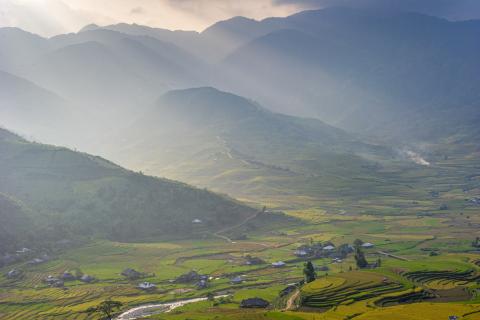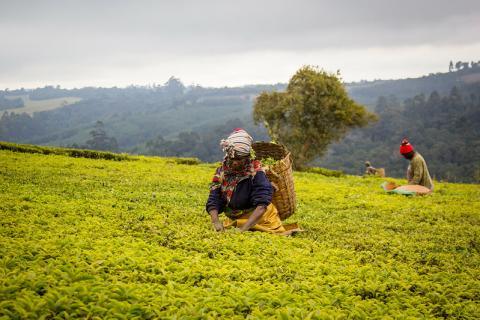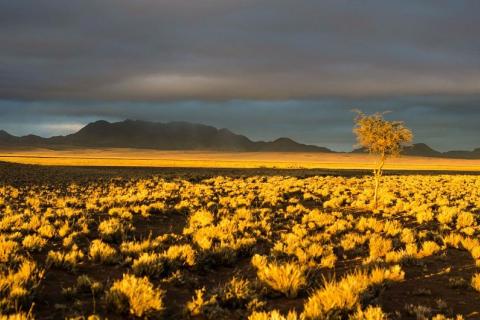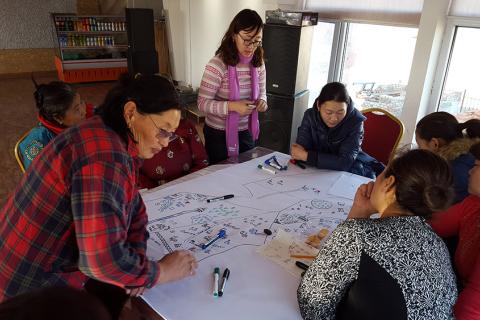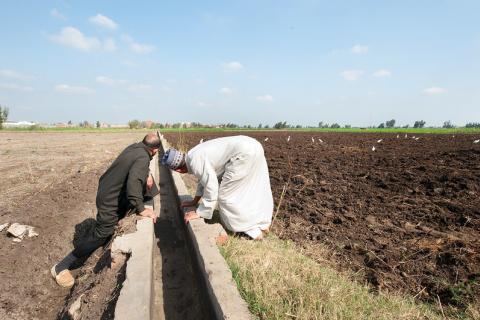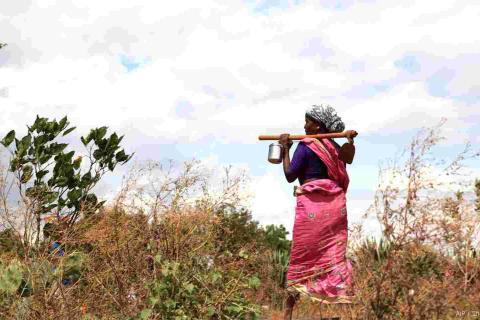Challenges for women’s land tenure in customary law settings: Country Insights Digest #2 - June 2021
Securing women’s land rights remains high in the news and in the development agenda in recent months. A quick search on Land Portal shows since March this year more than 250 resources related to land & gender, including news articles, blogs and publications.



